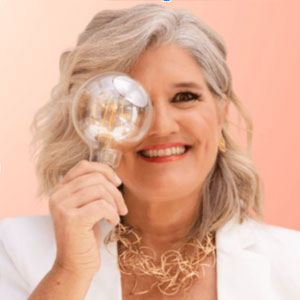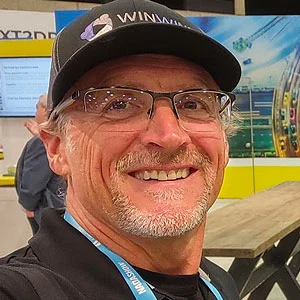Should videos be watermarked or certified as real or AI-generated?
I grew up in the 90s, which means I’ve witnessed firsthand some of the biggest shifts in how we communicate, consume, and trust media. I remember when getting a family computer was a major event. I remember AOL chat rooms, the novelty of personal websites, and how learning basic HTML for MySpace was once considered a skill. I remember when we collectively realized that Photoshop could make any image unreliable, and when the line between “real” and “edited” began to blur.
Over time, I learned to spot what wasn’t quite right—too many fingers on an AI-generated hand, awkward phrasing in a paragraph, uncanny video lip-syncing. It was easy to tell what was real and what wasn’t. But with the release of Google’s VEO3 and the accelerating pace of generative AI development, that clarity is starting to fade.
We’re now entering a moment where video—long considered one of the most trusted forms of media—is losing its credibility. That has serious implications not just for politics and society, but for every industry that relies on trust and authenticity to communicate value.
The rapid improvement in generative video means that, very soon, anything can be faked—and convincingly. Regulatory frameworks aren’t keeping pace. AI-generated content is no longer a future concern—it’s a present-day reality.
So what does that mean for businesses like WinWinVideos?
On the surface, we’re in the video production industry. But more accurately, we’re in the business of authenticity. For nearly 20 years, we’ve been helping brands earn trust through real stories, real customers, and real results. Testimonials have always been powerful—not just because they’re persuasive, but because they’re grounded in human experience.
As AI-generated content floods the internet—content that looks, sounds, and feels real—we believe there will be a renewed demand for what’s verifiably real. That means people will seek content that has been vetted, proven, and rooted in genuine experiences. In a landscape filled with artificial narratives, the most valuable currency will be credibility.
This shift raises an important question for the entire industry:
Should videos be watermarked or certified as real or AI-generated?
And if so, how should that be implemented—and more importantly, how should it be policed? There’s no universal standard yet, but the conversation is beginning. Whether it’s metadata tags, visual markers, blockchain-based verification, or third-party certifiers, there will need to be a scalable way to distinguish between what’s synthetic and what’s human-made.
At WinWinVideos, we’re not waiting around for legislation to catch up. We’re taking action now. Our logo at the beginning or end of a testimonial video isn’t just branding—it’s a mark of trust. It tells the viewer: this story wasn’t fabricated, scripted by AI, or stitched together by a prompt. This is a real person, with a real experience, sharing something they believe in.
As content becomes easier to fake, it becomes harder to trust. And that’s exactly why we’re doubling down on truth. We’re committed to capturing stories that stand up to scrutiny—not because they’re flashy, but because they’re real.
In this new era of synthetic content, authenticity isn’t just a nice-to-have. It’s a strategic advantage.



